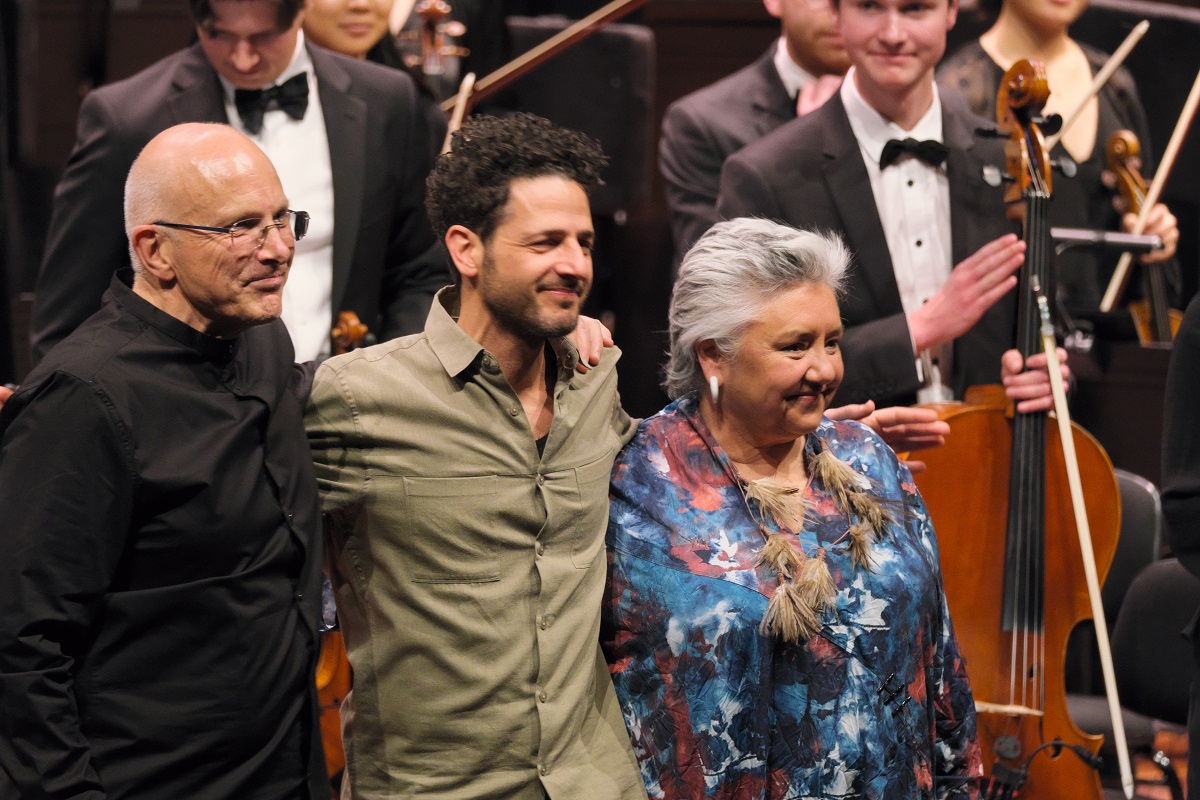
Music / “Ngapa William Cooper”, Australian Youth Orchestra. At Llewellyn Hall, July 9. Reviewed by ROB KENNEDY.
“NGAPA William Cooper” explores the strength and compassion of Yorta Yorta activist Uncle William Cooper through the music of composer Nigel Westlake, singer-songwriter Lior and performer and academic Lou Bennett.
In a concert of all Nigel Westlake’s music, the composer led the Australian Youth Orchestra, they performed his “The Glass Soldier” suite. It was written for Hannie Rayson’s play of the same name. This work is dedicated to the memory of Nelson Ferguson, a World War I veteran and Ballarat artist.
The massive orchestra, almost 90-strong, began this tonal music like a breath of fresh air. The quality of sound in the music and from the orchestra was truly outstanding; full of sparkling colours, swelling dynamics and catchy motives. The AYO handled this living music with delicacy and a refined nuance. In four movements, the sound shimmered and threatened. With excellent orchestration, every section balanced and clear.

As Westlake conducted his music, he knew precisely what was to come and what he wanted it to sound like. It could have been for a movie; full of motives and swelling sections, it told a powerful visual and aural story.
Following came “Beneath the Waves”, an orchestral premiere arranged from Westlake’s score for the 2022 motion picture “Blueback”. Written for and performed by solo cellist Sharon Grigoryan and the AYO, the story of the music comes from Tim Winton’s 1997 novel, which follows a mother and daughter’s fight to protect Australia’s coral reefs.
Dynamic crescendos opened before Grigoryan came in on her cello. A poignant tune set forth before a persistent rhythmic motion came from the violin of the concertmaster. The five percussionists added much colour. Grigoryan sounded strong and full. Her performance switched from a yearning cry to pulses of rhythm that echoed across the orchestra.
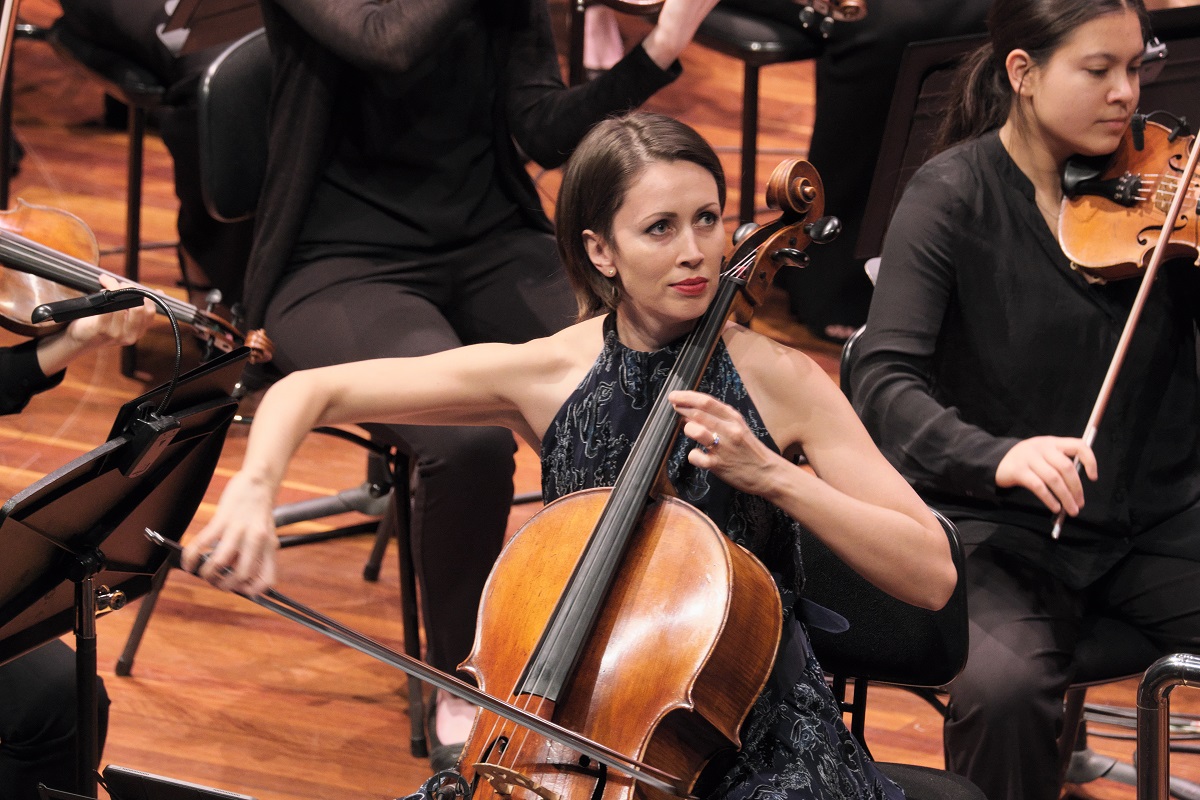
Using piano and harp together reflected creatures of the sea, splashing, and swimming. This was the second movement. Most effective. The “Whale Song” third movement caught the likeness of whale song with a spooky resemblance. Gliding along the fingerboard of the cello, Grigoryan captured their sound authentically.
The last movement, “We Come from Water”, gathered all the elements of the previous movements, but more. The snap pizzicato on the strings cut through. The percussion hammered, the brass bit, and the rest combined to create dynamic pulsating motion before the whale song returned on the cello as a sad melody.

After the interval, another orchestral premiere, “Ngapa William Cooper”. With Lior, Lou Bennett, and additional lyrics by Sarah Gory. In seven movements, Lior began facing Bennett and sang to her and Bennett did the same in language, a “Call to Ancestors”.
The story unfolded with “The News” of a lost son. The music almost brutal, war-like. The orchestra was lit differently as the music changed. Parts orange, white, then red and green, adding to the drama of the story. Lior has a strong and vivid voice. Bennett in language and English added a balance of colour. Her solo moments were exhilarating.
Symbolic shaking of tree branches by Bennett and two percussionists added a visual dynamic. The music and sung story had many elements. Recorded spoken word, lighting effects, two fine singers and some of the brightest, highly coloured orchestration with an uplifting finale.
This was one of the best concerts I have seen in Canberra, and from youths that would give any major Australian orchestra a run for their money. The standing ovation said it all.
Who can be trusted?
In a world of spin and confusion, there’s never been a more important time to support independent journalism in Canberra.
If you trust our work online and want to enforce the power of independent voices, I invite you to make a small contribution.
Every dollar of support is invested back into our journalism to help keep citynews.com.au strong and free.
Thank you,
Ian Meikle, editor
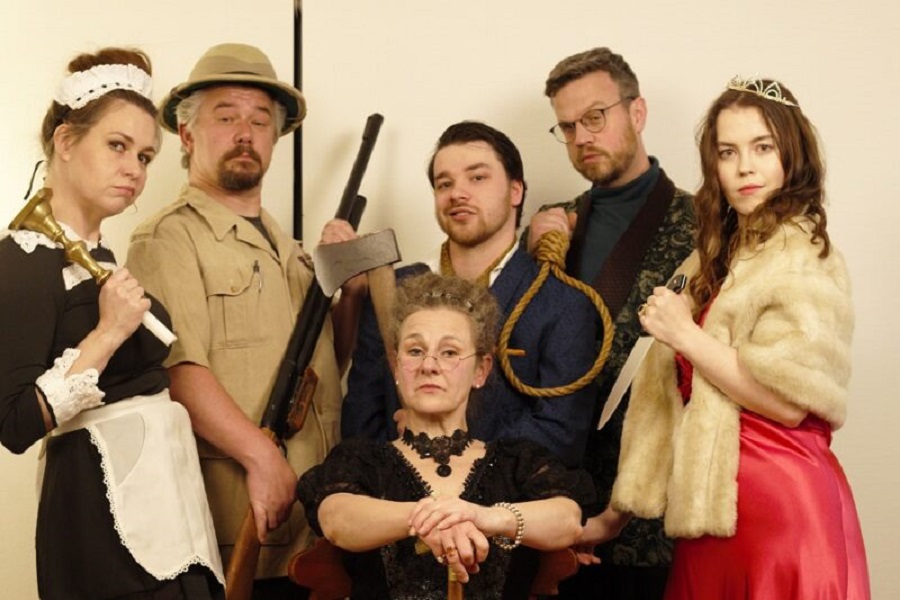
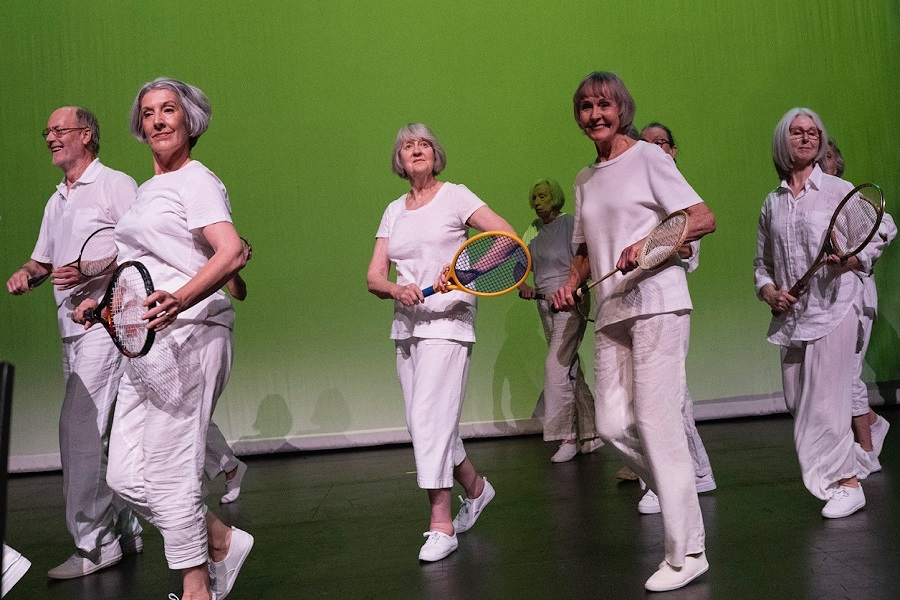
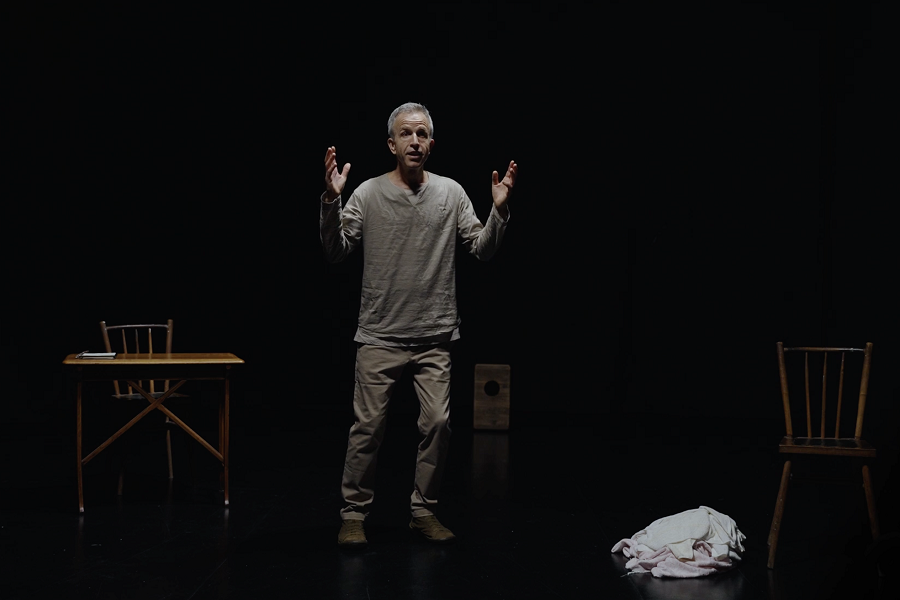

Leave a Reply